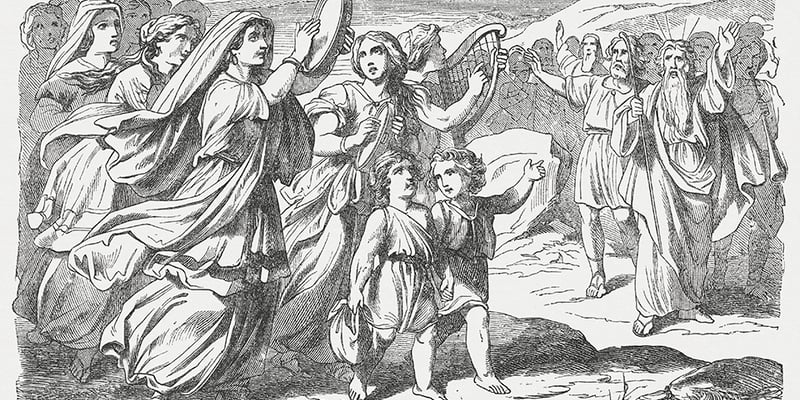My Love/Hate Relationship With Fasting
Written by Susan Scott Smith
God’s people know that fasting is an important spiritual tool. But we often avoid fasting. Let’s look at some of the reasons we don’t fast and why we should.
 Christ taught that fasting would be a necessary element in Christians’ lives in order to accomplish God’s purpose for us.
Christ taught that fasting would be a necessary element in Christians’ lives in order to accomplish God’s purpose for us.
Why, then, do we find it so difficult to do such an important thing?
It is not nearly so difficult for me to fast now that I am retired. Careful planning can identify days when the conditions are optimal to fast.
So, again, why is fasting often an infrequent and inconsistent (and sometimes dreaded!) part of our lives?
Why so dreaded?
The last few times I fasted I tried to identify the common deterrents to fasting. I ended up focusing on a number of issues that are involved with the lack of physical food for a specific period of time:
- Energy level—fasting can cause our energy to go down because of low blood sugar. Sometimes fasting makes us just want to sleep!
- Physical consequences—for some people, fasting can cause extreme hunger, headaches, upset stomach, stomach growling and bad breath.
- Temptation—food surrounds us physically and can show up in pictures on our electronic devices. The temptations to eat are everywhere. Also, if we are working or cooking for other family members on a fast day, the wonderful smells and sight of food can be a difficult temptation.
- Habits—we are used to eating and snacking at will, whether we need it or not.
- Comfort—fasting can make us very uncomfortable.
- Countdown—there can be a tendency to watch the clock. We can focus more on “when is this going to be over?” instead of the spiritual benefits.
So why do we undertake a task that can result in such unpleasant outcomes?
Biblical examples
The Bible offers examples of fasting by different people for different reasons.
When Christ was asked why His disciples did not fast as John’s did, He said His disciples would have to fast when He was gone (Matthew 9:14-15). This shows us that fasting becomes more necessary the farther we are from our Savior. We fast to draw closer to God. When we are spiritually deprived, we need fasting to “draw near to God” (James 4:8).
In Mark 9:29 Christ pointed out that some problems, such as an unclean spirit, could only be dealt with through prayer and fasting. There are certain problems in our lives that can only be tackled with fasting.
David Register’s blog post “Why Fast?” lists three major reasons for fasting: “(1) Fasting helps us realize that we have no power of ourselves. … (2) By fasting, we humbly admit that we don’t know what to do. … (3) Fasting causes us to look to God for His help.”
Reality
So let’s take the above physical effects of fasting and apply them to a fast of spiritual food—lack of prayer, Bible study and meditation:
-
Energy level—we have no spiritual stamina for dealing with the day-to-day problems (let alone crises) that occur in our lives.
-
Physical consequences—when we are spiritually weak, we can experience frustration, anxiousness, worry and a feeling of helplessness.
-
Temptation—we tend to see our daily routines as problems, not opportunities.
-
Habits—the easiest thing to do is to fall back into old habits, the way that we have dealt with problems in the past.
-
Comfort—we would rather commiserate with those who see things our way than strive to see things God’s way.
-
Countdown—we can’t wait for the day to be over.
Just as we dread going without physical food—we should loathe going without spiritual food!
When I skip prayer, Bible study and/or meditation for a day or more, I need to remember the spiritual consequences and reorient my ship so I can get back to the right direction.
None of us can afford a spiritual fast! We need the spiritual nourishment fasting provides!
To learn more about fasting, read “What Is Fasting?”










